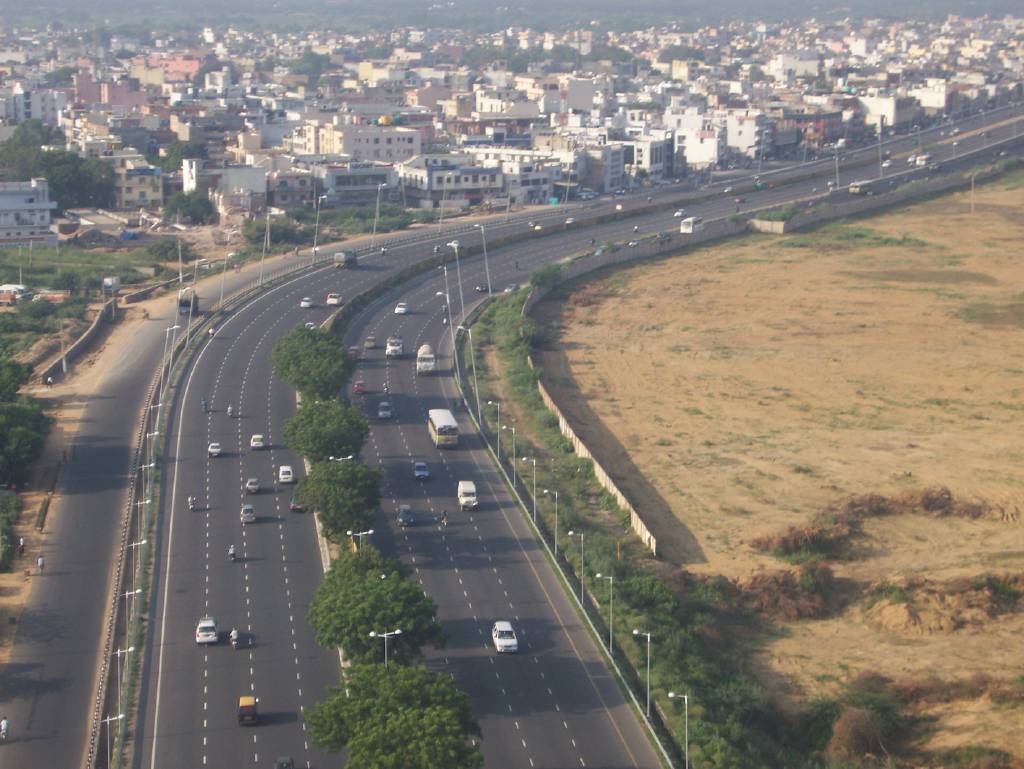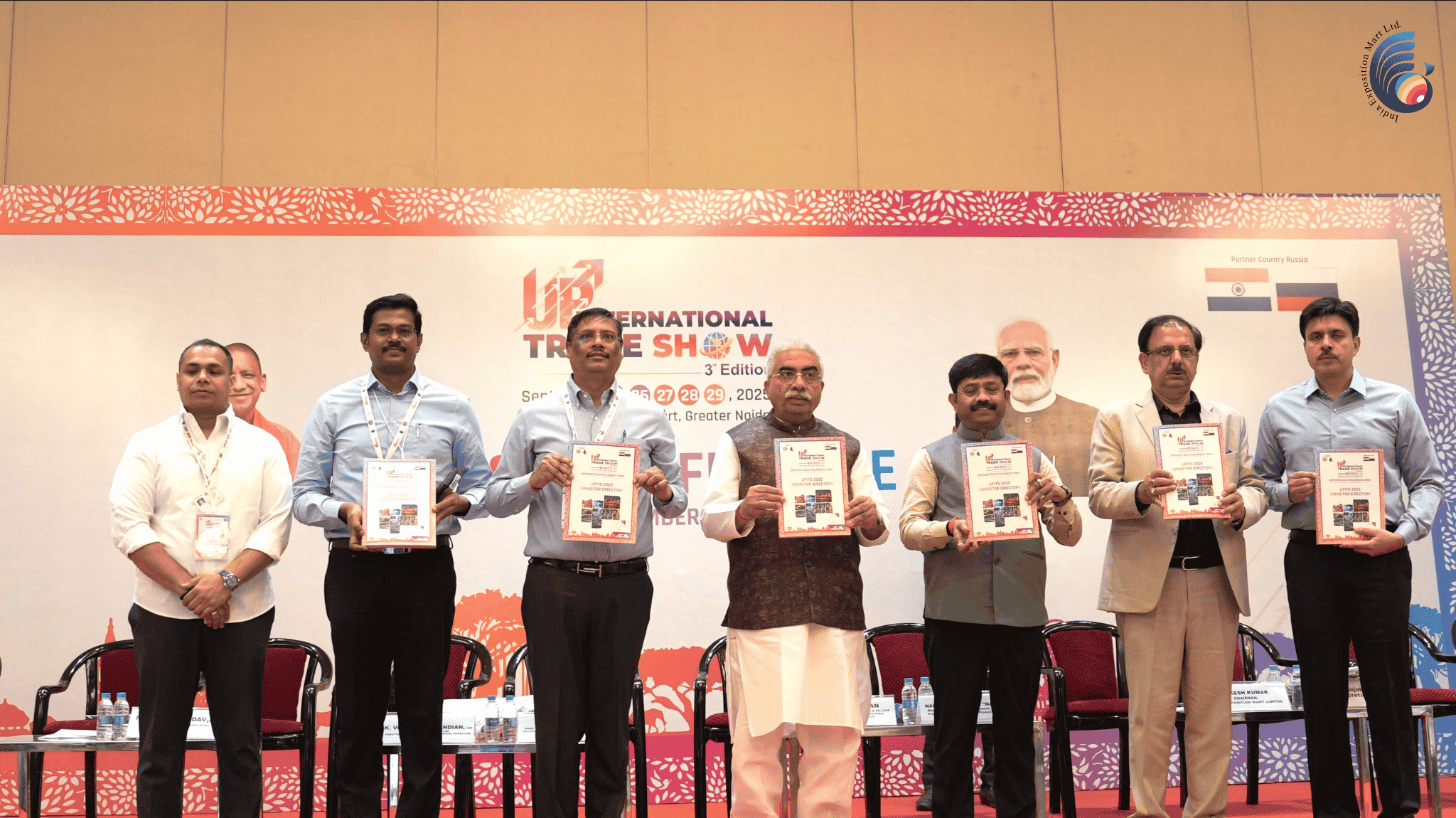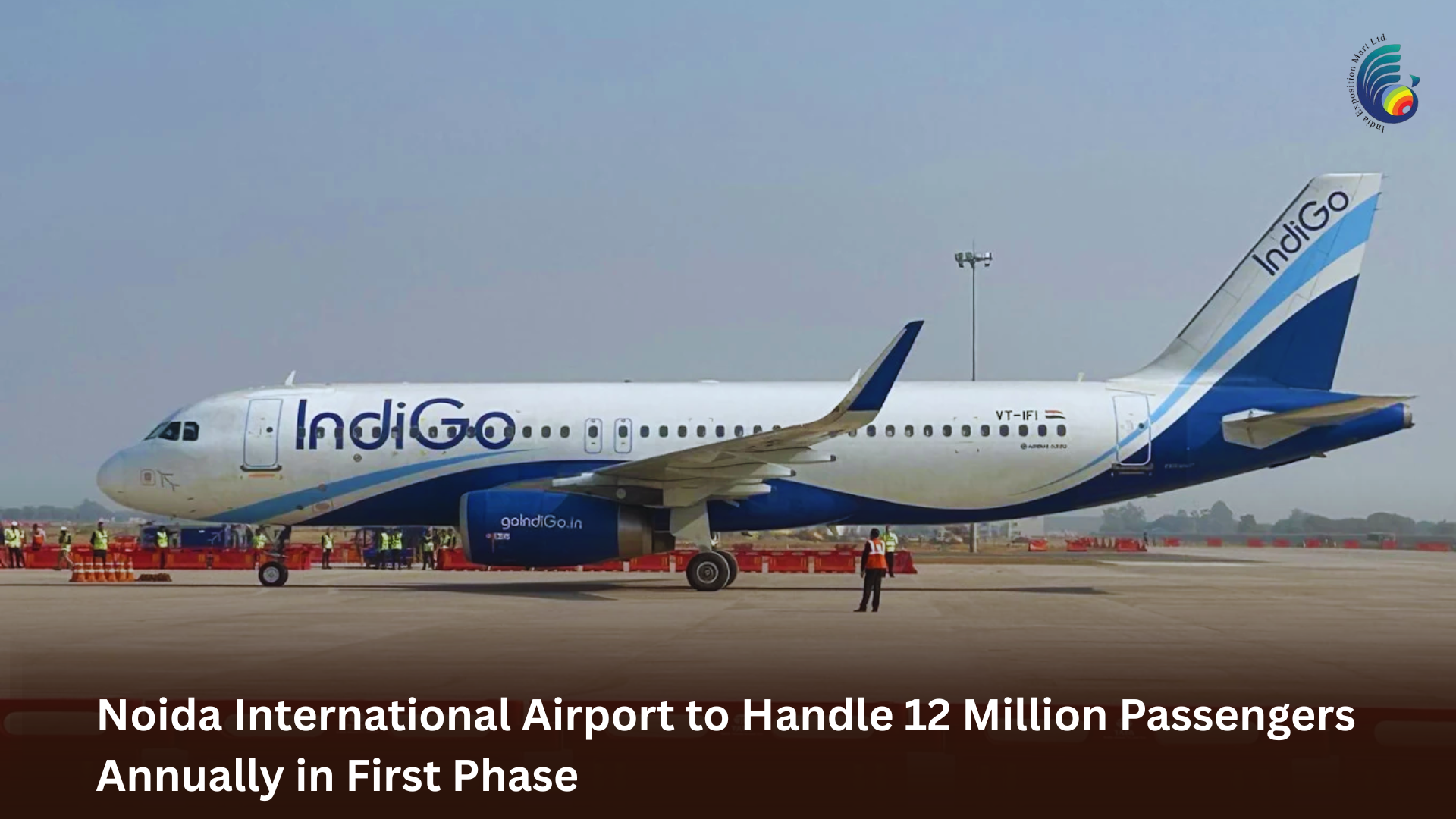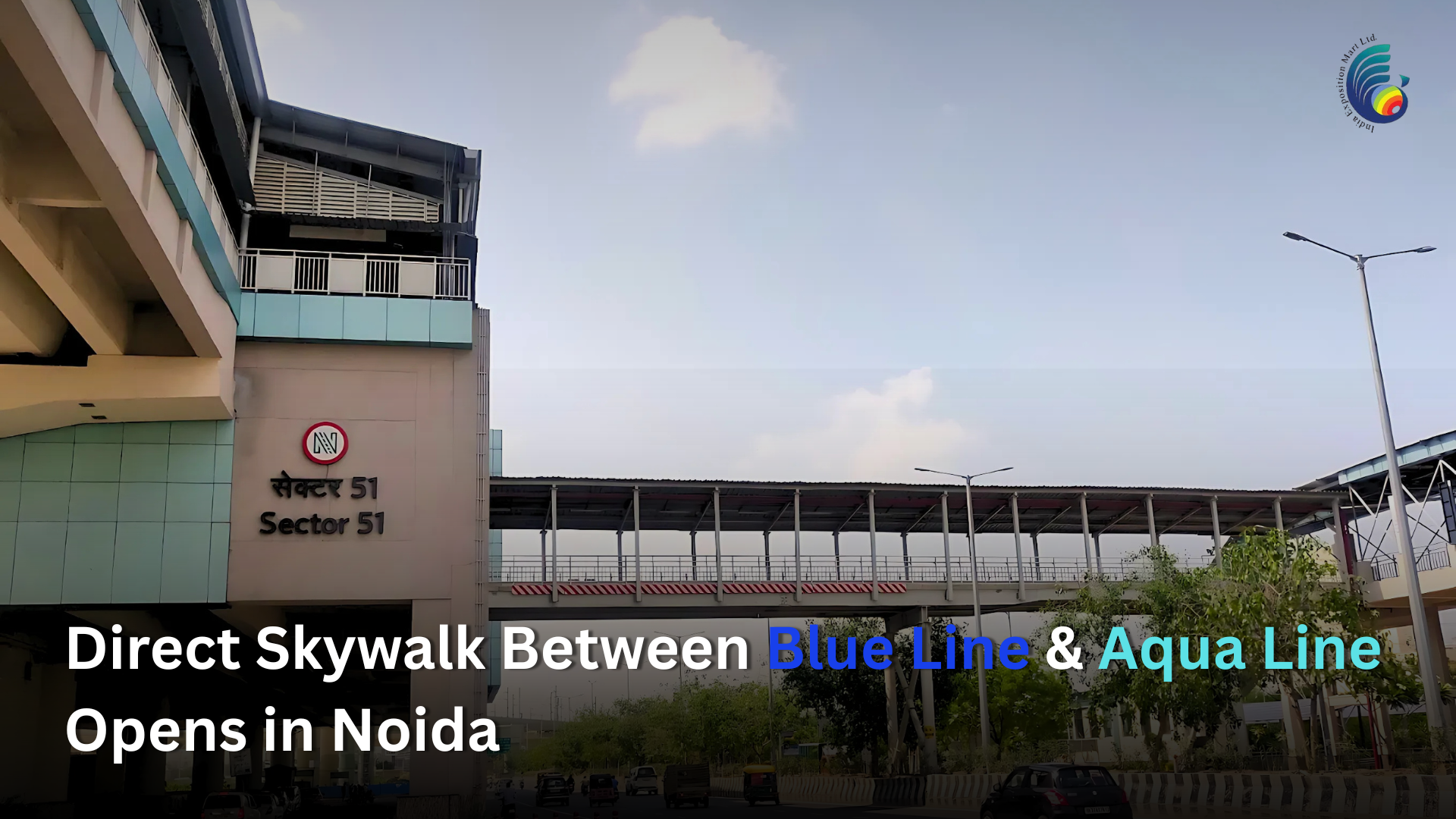A brand-new 30-km Delhi – Jewar expressway is set to transform travel between Delhi, Noida, Greater Noida, and the upcoming Noida International Airport at Jewar. Approved by the central government and backed by Union Transport Minister Nitin Gadkari, the project will run parallel to the current Noida-Greater Noida Expressway, following the course of the Yamuna River.
Key Travel Benefits
For daily commuters, this expressway promises shorter travel times and a big relief from chronic traffic. Currently, the 25-km Noida-Greater Noida Expressway carries about 5 lakh vehicles every day. Roughly 2 lakh enter through the DND flyover, while the rest use Chilla Border or Kalindi Kunj. Predictably, this overload turns rush-hour drives into long gridlocks. By adding a new 30-km corridor, traffic is expected to decongest significantly, ensuring faster connectivity toward Delhi as well as Jewar Airport.
The new route will also shorten journeys to the airport, which is positioned as India’s largest aviation hub. For flyers and logistics operators, road access is as critical as runway capacity. Better road connectivity will mean seamless cargo movement, quicker passenger travel, and greater reliability.
Push for Cleaner Mobility
Another important impact will be environmental. With faster traffic flow and reduced bottlenecks, vehicles will burn less fuel and emit fewer pollutants. NCR’s already poor air quality is worsened by idling traffic jams; smoother connectivity will help cut emissions. Coupled with government efforts to encourage electric mobility, the expressway may become an important spine for e-vehicle charging infrastructure.
Boost for Economy and Real Estate
The expressway is not just about faster commutes but a growth engine for the region. Improved connectivity always sparks expansion of real estate, especially around new transport corridors. Housing and office projects near the airport are expected to surge as smoother access draws buyers and investors. For Greater Noida and Yamuna Expressway regions, this could translate into higher property values, more commercial hubs, and industrial expansion.
Moreover, sectors like warehousing, logistics, and travel services will benefit. Time lost in congestion directly increases costs for businesses. Reduced travel time will make Greater Noida and the adjoining industrial regions more attractive for companies. This can create jobs, bring more investments, and accelerate urban development.
The Road Ahead
The centre has assured smooth funding, with NHAI likely to execute the project. Gadkari has also underlined that the government will continue investing heavily in NCR, with projects worth over ₹1.2 lakh crore already underway. For residents and businesses, this expressway could mark the start of a more connected, greener, and growth-oriented NCR.






